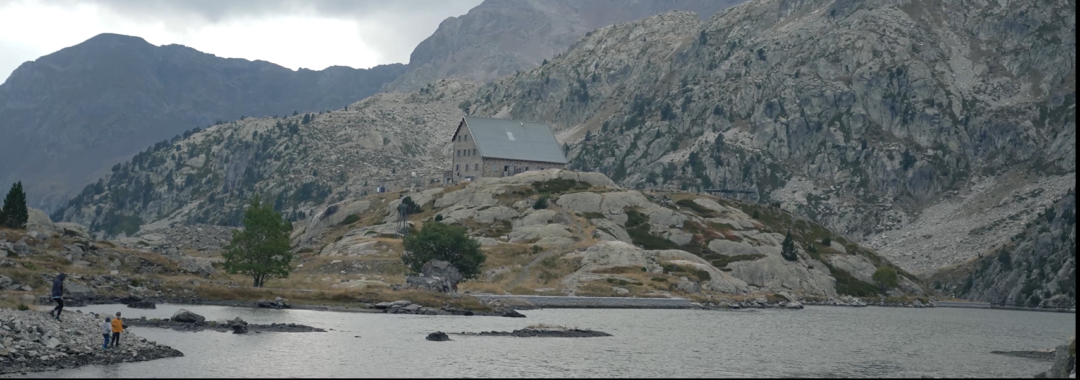Biodiversity and hydrogen to halt the loss of nature. Renewable energies have a key role to play in fulfilling the pacts to avert the global crisis.
“Climate change and biodiversity loss (as well as pollution) are part of an interlinked triple global crisis that the world is currently facing. They must be addressed together if we are to make progress towards the Sustainable Development Goals and ensure a viable future on this planet,” they say in an article published on the United Nations (UN) website.
The truth is that climate change and biodiversity loss go hand in hand, which is why renewable energies play a critical role in preserving the variety of life on Earth and natural resources such as water, for example.
Biodiversity and hydrogen
And why the example of water? Because that is where hydrogen is extracted and converted into a green energy source. Green hydrogen contributes directly to decarbonisation, and therefore forms part of the clean energies needed to achieve the agreements that have been established between countries in relation to the energy transition to achieve climate-neutral societies.
To celebrate International Biodiversity Day, it is encouraging to mention a new “landmark agreement: the Kumming-Montreal Global Biodiversity Framework. It is a document signed in December 2022 that sets concrete targets and actions to halt and reverse the loss of nature by 2050,” as revealed by the UN.
Hydrogen projects for biodiversity
From the Aragon Hydrogen Foundation (FHa) we put our grain of sand with each of our projects, because we make them come true thanks to green hydrogen. This year’s slogan “promotes the idea that, now that we have a globally agreed action plan, we must implement all the measures that the agreement envisages before 2030”, according to the UN website.
With projects such as SustainHuts, we are moving towards achieving one of the goals of the new agreement, which is to restore 30% of ecosystems, halve food waste and invest at least 200 billion annually in strategies that benefit biodiversity.

